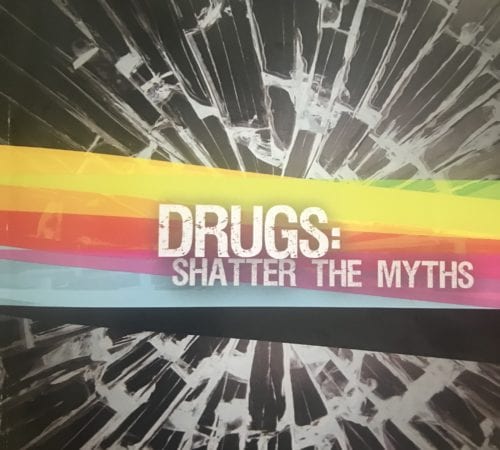05/13/2020 Harrisburg, PA – The Department of Human Services (DHS) Secretary Teresa Miller and Department of Drug and Alcohol Programs (DDAP) Secretary Jennifer Smith today reminded…

For much of the past century, scientists studying drugs and drug use labored in the shadows of powerful myths and misconceptions about the nature of addiction. When scientists began to study addictive behavior in the 1930s, people addicted to drugs were thought to be morally flawed and lacking in willpower. Those views shaped society’s responses to drug use, treating it as a moral failing rather than a health problem, which led to an emphasis on punishment rather than prevention and treatment.
Today, thanks to science, our views and our responses to addiction and the broader spectrum of substance use disorders have changed dramatically. Groundbreaking discoveries about the brain have revolutionized our understanding of compulsive drug use, enabling us to respond effectively to the problem.
As a result of scientific research, we know that addiction is a medical disorder that affects the brain and changes behavior. We have identified many of the biological and environmental risk factors and are beginning to search for the genetic variations that contribute to the development and progression of the disorder. Scientists use this knowledge to develop effective prevention and treatment approaches that reduce the toll drug use takes on individuals, families, and communities.


05/13/2020 Harrisburg, PA – The Department of Human Services (DHS) Secretary Teresa Miller and Department of Drug and Alcohol Programs (DDAP) Secretary Jennifer Smith today reminded…

March 30, 2020 Fact: Anyone can overdose on prescription drugs. More than half of the drug overdose deaths in the United States each year are caused…